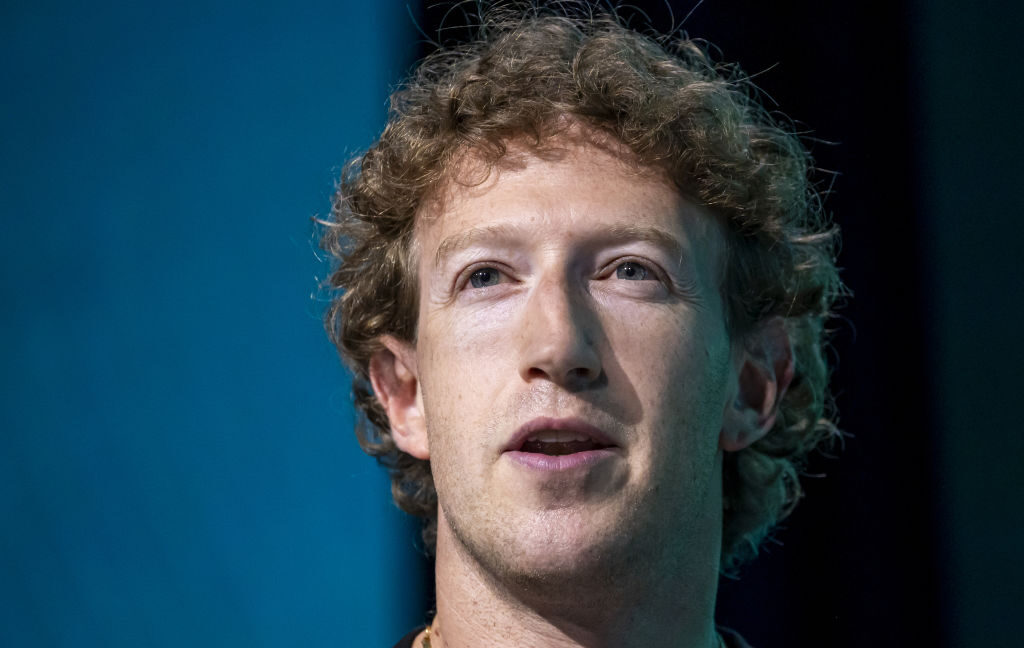Meta kills diversity programs, claiming DEI has become too charged
Leaked memo verified Meta kills diversity programs, claiming DEI has become too charged Meta claims it will find other ways to hire employees from different backgrounds. Ashley Belanger Jan 10, 2025 3:17 pm | 22 Credit: Bloomberg / Contributor | Bloomberg Credit: Bloomberg / Contributor | Bloomberg Story textSizeSmallStandardLargeWidth *StandardWideLinksStandardOrange* Subscribers only Learn moreMeta has reportedly ended diversity, equity, and inclusion (DEI) programs that influenced staff hiring and training, as well as vendor decisions, effective immediately.According to an internal memo viewed by Axios and verified by Ars, Meta's vice president of human resources, Janelle Gale, told Meta employees that the shift was due to "legal and policy landscape surrounding diversity, equity, and inclusion efforts in the United States is changing."It's another move by Meta that some view as part of the company's larger effort to align with the incoming Trump administration's politics. In December, Donald Trump promised to crack down on DEI initiatives at companies and on college campuses, The Guardian reported.Earlier this week, Meta cut its fact-checking program, which was introduced in 2016 after Trump's first election to prevent misinformation from spreading. In a statement announcing Meta's pivot to X's Community Notes-like approach to fact-checking, Meta CEO Mark Zuckerberg claimed that fact-checkers were "too politically biased" and "destroyed trust" on Meta platforms like Facebook, Instagram, and Threads.Trump has also long promised to renew his war on alleged social media censorship while in office. Meta faced backlash this week over leaked rule changes relaxing Meta's hate speech policies, The Intercept reported, which Zuckerberg said were "out of touch with mainstream discourse." Those changes included allowing anti-trans slurs previously banned, as well as permitting women to be called "property" and gay people to be called "mentally ill," Mashable reported. In a statement, GLAAD said that rolling back safety guardrails risked turning Meta platforms into "unsafe landscapes filled with dangerous hate speech, violence, harassment, and misinformation" and alleged that Meta appeared to be willing to "normalize anti-LGBTQ hatred for profit."According to Gale's memo, the DEI programs were similarly outdated since "the Supreme Court of the United States has recently made decisions signaling a shift in how courts will approach DEI" and "the term 'DEI' has also become charged, in part because it is understood by some as a practice that suggests preferential treatment of some groups over others."Meta cuts DEI team, ends representation goalsMeta's culture shift, the memo said, required "five big DEI pullbacks," Axios reported.Those included cutting its DEI team and replacing equity and inclusion programs with programs "that focus on how to apply fair and consistent practices that mitigate bias for all, no matter your background."It also included ending representation goals for women and ethnic minorities, which Gale wrote "can create the impression that decisions are being made based on race or gender." As of 2022, only 37.1 percent of Meta's global employees were women, Statista reported in December, and some minority groups remain underrepresented, with 6.5 percent of employees identifying as Hispanic and 4.9 percent identifying as Black in 2022. Meta is also still facing a lawsuit it now hopes to force into arbitration over alleged retaliation and discrimination against female employees.Additionally, Meta plans to stop seeking diverse-owned businesses as suppliers, instead focusing on "supporting small and medium-sized businesses that power much of our economy," the memo said.And finally, Meta will change its hiring practices from using a "diverse slate approach" sourcing candidates with "different backgrounds" to instead seeking as-yet unknown "other ways to build an industry-leading workforce and leverage teams made up of world-class people from all types of backgrounds," the memo said.Meta declined to comment but confirmed to Ars that Axios' reporting on the memo is accurate.Ashley BelangerSenior Policy ReporterAshley BelangerSenior Policy Reporter Ashley is a senior policy reporter for Ars Technica, dedicated to tracking social impacts of emerging policies and new technologies. She is a Chicago-based journalist with 20 years of experience. 22 Comments


